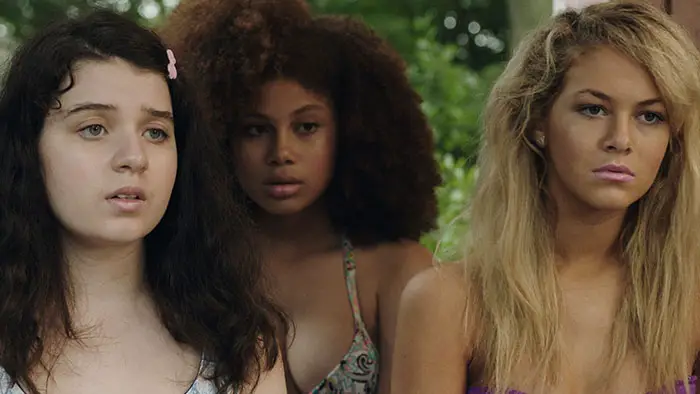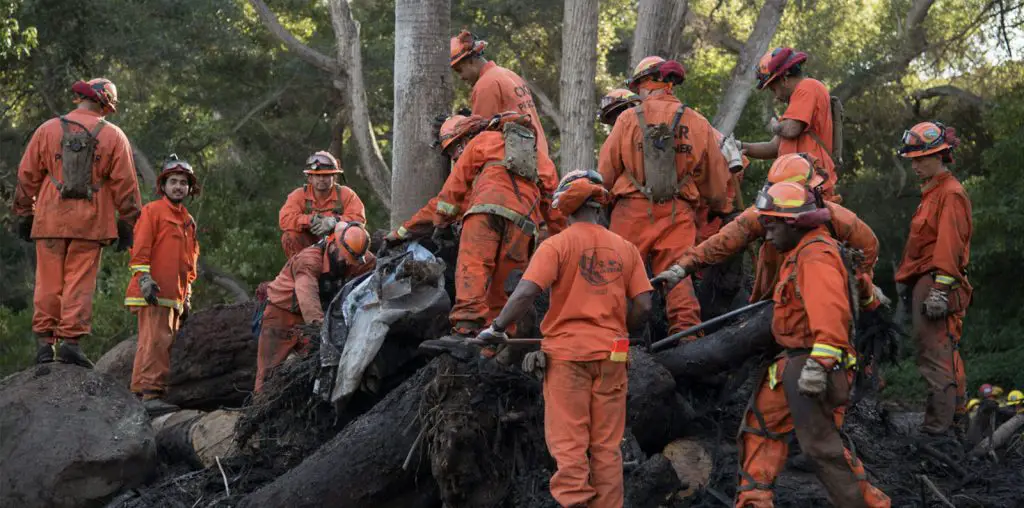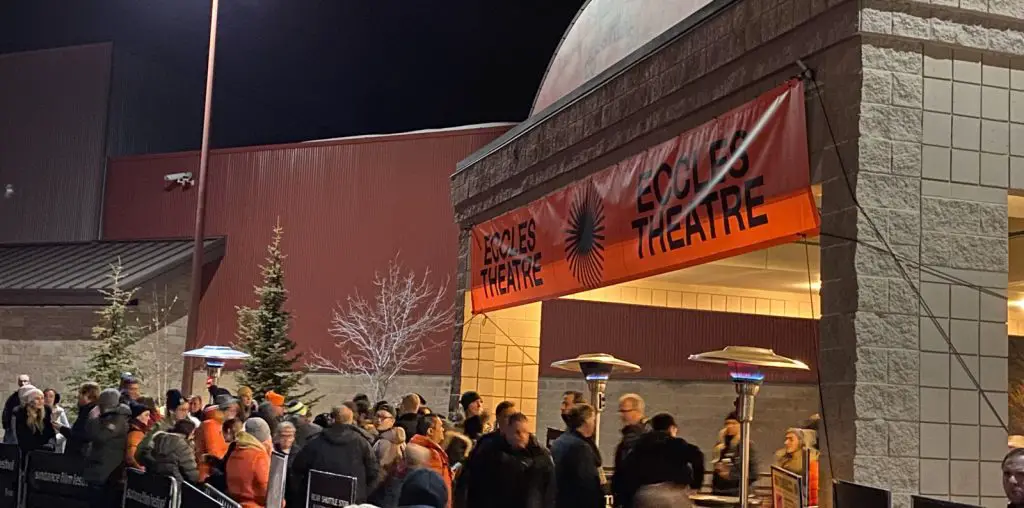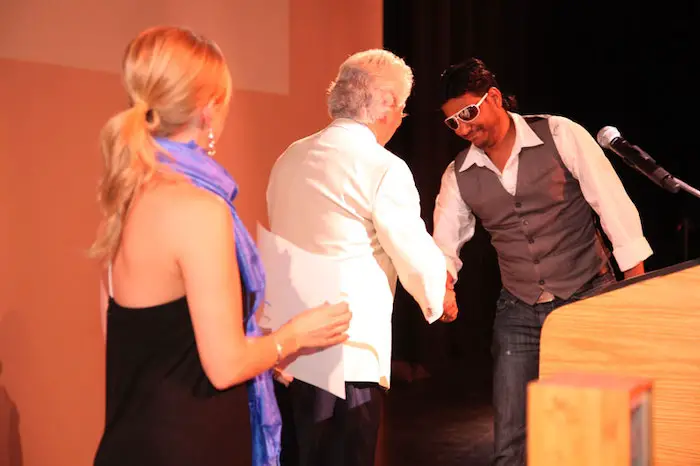
While the pandemic has changed our film festival experiences from attending films and festival events in-person to online streaming, the quality of films and subject matter has definitely not been lost. In fact, attending an online film festival has its perks when brought about with some dedication, as is the case with the Female Voices Rock Film Festival, which took place on December 4-10, 2020.
For its sophomore year, Female Voices Rock presented a global virtual film festival experience with seven days of filmmaker panels, creative conversations and workshops, digital networking, and a wide selection of short films. In all, there were 70 films that showcased “womxn” voices from around the world. Within its two short years, it has been rated as one of the “Top 100 Film Festivals in the World,” deservedly so, as this year’s event was able to hold its own and deliver online, so one can only imagine a future when we can attend Female Voices Rock Film Festival live.
For 2021, the Festival presented unique stories from the women’s perspective, including coming-of-age challenges to exploring the family unit to dynamic tales of racism, violence, and inequality. Each short film, varying in lengths with some only a few minutes to others just under 20 minutes, competed in 11 categories spanning from narrative and documentary to music videos, scripts, pilots, student, acting, breakout, and foreign language, to name a few.

Shallow End – Winner of Rebel Award
The Festival’s Founder and Executive Director, Catherine Delaloye, who is also an accomplished director, producer, and writer, is very passionate about social impact and dedicates her work to empowering diverse voices. Delaloye founded Female Voices Rock to increase the female presence in the film and television industry and beyond. In addition, Delaloye’s mission for the Festival includes spotlighting marginalized voices. Female Voices Rocks creates equal space for BIPOC and LGBTQ+ stories to be shared and heard.
Delaloye found the lack of opportunities for her projects very frustrating. Attending many festivals with her work, Delaloye didn’t believe her film, work, and artist abilities were at all recognized, but only as a time and a slot in a program scheduled to be screened in a tiny basement somewhere in New York City. “You spend a year on a film and raise tons of money for what ends up being a little to no exposure, and you still have to pay to be in it,” she said. “I wanted to do something to help everyone, and there’s a need for an all-female driven film festival to open doors for other women, so that’s how I started.”


